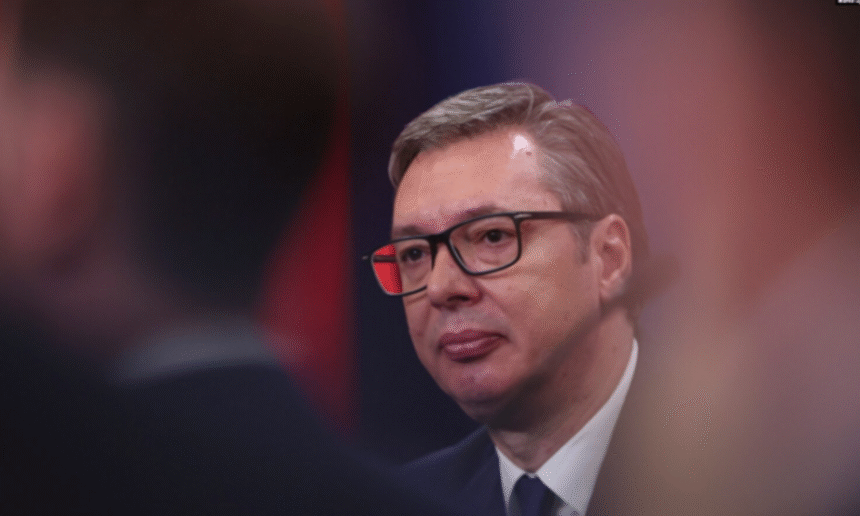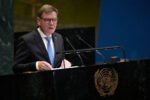Observers suggest that Serbian President Aleksandar Vučić and the Serbian Progressive Party (SNS) are actively engaged in pre-election activities, even though official elections have not been called. Analysts note that Vučić may not fully trust publicly released opinion polls, reflecting strategic caution.
Key Pre-Election Moves
SNS has rolled out a series of measures widely interpreted as campaign tactics, including:
- Salary increases for teachers and healthcare workers
- Housing loans for young people
- Increased pensions and minimum wages
- Rapid, low-cost legalization initiatives
- Reduction of retail margins
- Military parade
- Infrastructure projects such as Belgrade–Zrenjanin–Novi Sad highway
- Tiršova 2 Children’s Hospital, delayed for years
- Other municipal initiatives, e.g., canalization in Borča
Vučić recently stated he eagerly awaits the publication of the student voter list, adding that the opposition will suffer a heavier defeat than last time.
Strategic Uncertainty and “Blickrig” Scenario
Political analyst Đorđe Vukadinović notes that while SNS’s main objective is likely to hold elections next year, there remains the possibility of a rapid, surprise election (“blickrig”) if Vučić receives convincing polling data and assurances against civil unrest.
“Even though some results already exist, I am not sure Vučić fully trusts them. He also needs guarantees—internal or external—that there will be no unrest or uncontrolled violence,” Vukadinović told N1.
These measures, while transparent and politically timed, influence only certain segments of the electorate, leaving Vučić uncertain about the feasibility of a surprise election.
Campaign Style and Public Perception
Campaign expert Igor Avžner points out that 90% of Vučić’s decisions are based on polling data. In parallel, the SNS narrative seeks to undermine opposition morale, portraying rivals as impotent and unlikely to attract voters.
Avžner describes Vučić’s behavior as indicative of fear of parliamentary elections:
“Imagine Vučić in a position like former President Boris Tadić under Koštunica. We see a farcical parliament and government filled with irrelevant and inexperienced figures. Vučić behaves like the ‘handsomest man on a deserted island,’” he joked.
Economic Implications
Avžner also warns of long-term economic consequences:
“Everything Vučić does is funded by public money. This will trigger a chain reaction affecting the economy in the near future. Over the past 11 months, while resources were pumped into these measures, Vučić has sought to channel money into his own and associates’ pockets.”
Experts argue that these pre-election measures, while populist, reveal a delicate balance between political maneuvering and economic risk, with potential repercussions for the next government.







